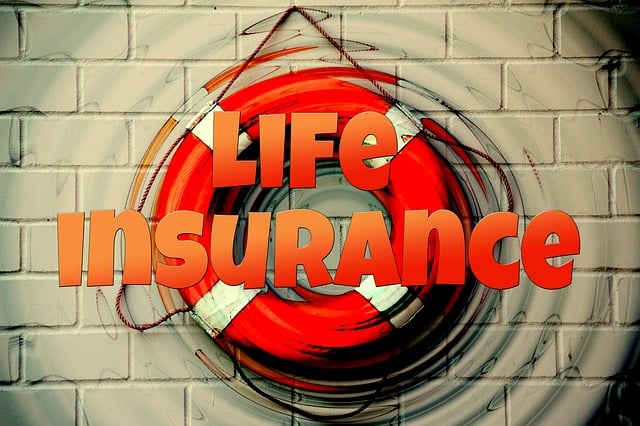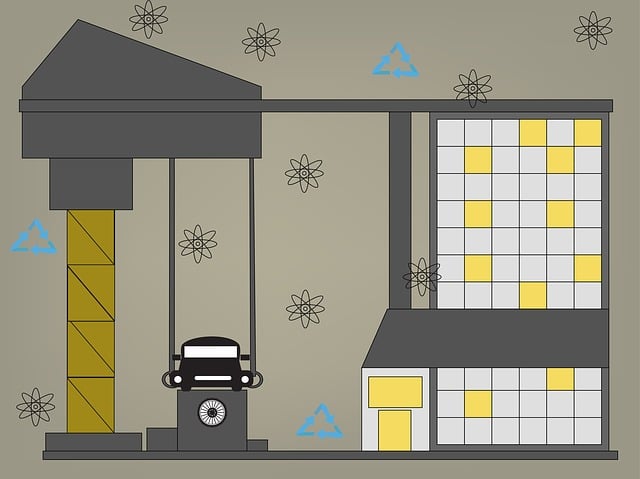Mortgage lenders require comprehensive insurance coverage for real estate investments, including hazard, flood, earthquake, and liability insurance. Homeowners insurance protects against risks like fire, theft, and natural disasters, while private mortgage insurance (PMI) is mandatory for loans with down payments below 20%. Understanding and selecting the right insurance coverage is crucial for a seamless home purchase process in the real estate sector.
When pursuing a real estate purchase, understanding mortgage lender requirements for coverage is paramount. Mortgage lenders usually demand specific insurance policies to safeguard their investment in your property. This article guides you through the essential types of insurance needed for real estate loans, helping you navigate coverage options effectively. By comprehending these requirements, you’ll secure your home purchase with confidence.
Understanding Mortgage Lender Requirements for Coverage

Mortgage lenders play a crucial role in the real estate sector by facilitating homeownership. To protect both the lender and the borrower, they impose specific requirements for coverage. This includes comprehensive insurance policies that safeguard against potential risks associated with the property, such as natural disasters, theft, or damage. Understanding these requirements is essential for anyone looking to secure a mortgage, as it ensures that their investment is protected.
Lenders typically insist on certain types of coverage, including hazard insurance, which covers damage from fire, storms, and other common perils. They may also mandate flood insurance in areas prone to flooding, and earthquake insurance in regions with high seismic activity. Additionally, lenders often require liability insurance to protect against claims of bodily injury or property damage caused by the borrower or their dependents. Meeting these coverage requirements is a vital step in the mortgage process, ensuring both financial security and peace of mind for all parties involved.
Types of Insurance Policies Needed for Real Estate Loans

When securing a mortgage for a real estate purchase, lenders require borrowers to maintain adequate insurance coverage to protect their investment. The types of insurance policies needed can vary based on the loan amount and property type but generally include homeowners insurance and private mortgage insurance (PMI).
Homeowners insurance is essential as it protects against potential risks like fire, theft, natural disasters, and liability claims. This policy covers the physical structure of the property and personal belongings inside. Private Mortgage Insurance (PMI), on the other hand, is a type of insurance that safeguards the lender in case the borrower defaults on their mortgage payments. It is usually required for loans where the down payment is less than 20% of the real estate’s purchase price.
Navigating Coverage Options to Secure Your Home Purchase

When navigating the complex world of real estate, understanding your coverage options is crucial for securing your home purchase. Mortgage lenders typically require adequate insurance to protect their investment and safeguard against potential risks associated with the property. This ensures that in case of unforeseen events like damage, theft, or liability claims, the lender is financially secured.
Delve into various coverage types available, such as homeowners insurance, which can protect your property from natural disasters, vandalism, and other hazards. Additionally, title insurance safeguards against hidden issues with the property’s title, offering peace of mind during the buying process. By carefully considering these options and selecting suitable coverage, you not only meet lending requirements but also ensure a solid financial foundation for your new home.






